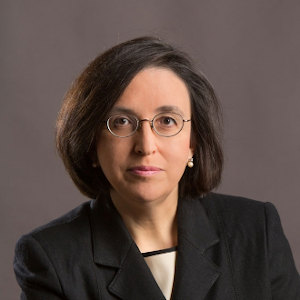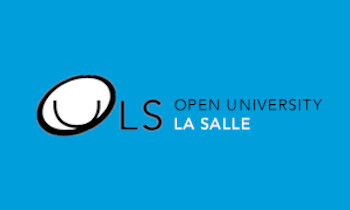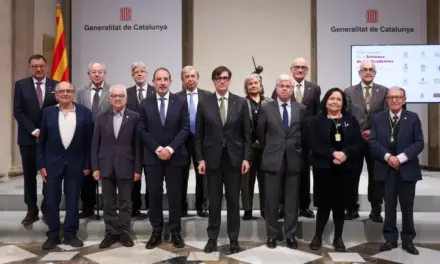
Dr. Montserrat Guillén
Montserrat Guillén, professor of Quantitative Methods for Economics and Business at the University of Barcelona and full academician of the Royal European Academy of Doctors-Barcelona 1914 (RAED), considers at work “Pagar por kilómetro es el futuro de los seguros de automóviles” (Pay per kilometer is the future of insurance of cars), which she presented at the 2nd Interdisciplinary Congress of the RAED, held last February at the Vichy Catalán Spa Hotel, in Caldes de Malavella (Girona), that the emergence of telemetry in automobile insurance will revolutionize the concept current insurance, as the new technologies allow information on the insured vehicle and its driver to be collected on operating hours, distance traveled or driving style in general and optimize costs and risks, with obvious advantages for both the insured and policyholder as well as for the insurance carrier.
Guillén proposes an innovative type of insurance that is paid according to the kilometers traveled to accurately establish the risk of accident, rather than for a specific period, the criteria currently used. Within the same working group of the University of Barcelona, the academician has developed several studies to improve the risk assessments of insurance companies, which begin to take into account technologies such as GPS or Big Data analysis to calculate the rates that apply to his clients. “When we insure a car we are paying for diligent assistance, but the main objective is to limit our liability to third parties in the event of causing a serious accident that requires high compensation. With the elements of telemetry, insurers are having the opportunity to help their insured more, but they still have to overcome the reluctance and show that they provide a value in line with the price paid”, says the academician in her work.
Guillén is a pioneer in the formulation of insurance prices that take into account the behavior of the insured, for example based on telemetry devices that are installed in the vehicles. Her work concludes that with automatic devices for speeding control, the number of fatalities of traffic accidents could be reduced by more than 60%. These investigations have recently earned her the SCOR prize for a paper on telematics in vehicle insurance, and the prize for the best work presented at the international congress of experts in insurance ICA Berlin 2018 for the article “The transition towards semi-autonomous vehicle insurance: contributions from usage-based data”, which she made with several researchers from the Riskcenter-IREA of the University of Barcelona.




